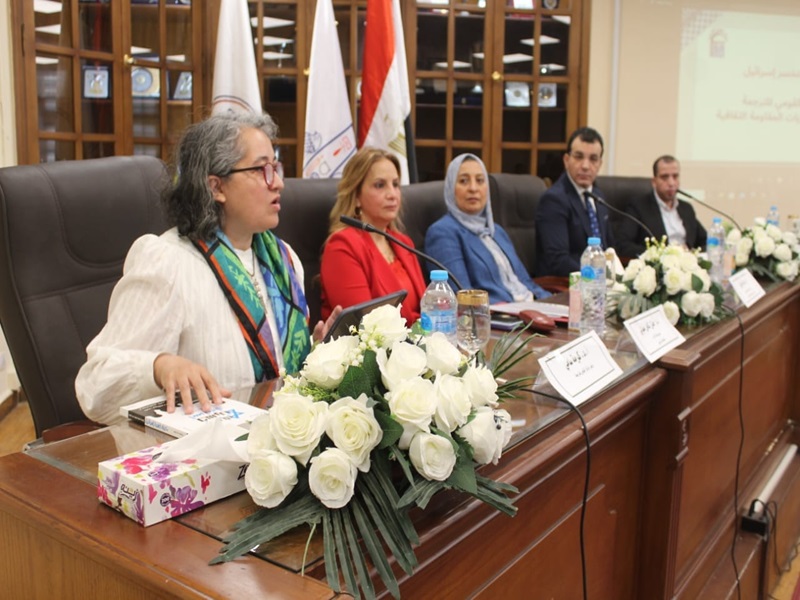"Palestine... Past, Present and Future" a conference at the Faculty of Arts
Under the patronage of Prof. Mohamed Diaa Zein El-Abedeen, President of Ain Shams University, Prof. Ghada Farouk, Vice President of the University for Community Service and Environmental Development Affairs, Prof. Hanan Kamel Metwally, Dean of the Faculty of Arts, The Department of Hebrew Language and Literature at the Faculty of Arts, Ain Shams University, held its seventh international conference entitled: “Palestine: Past, Present, and Future” (under the golden sponsorship of Dar Al-Mandumah) and the sponsorship of the National Center for Translation, on April 24, 2024 AD in the Conference Hall of the Faculty Arts, Ain Shams University.
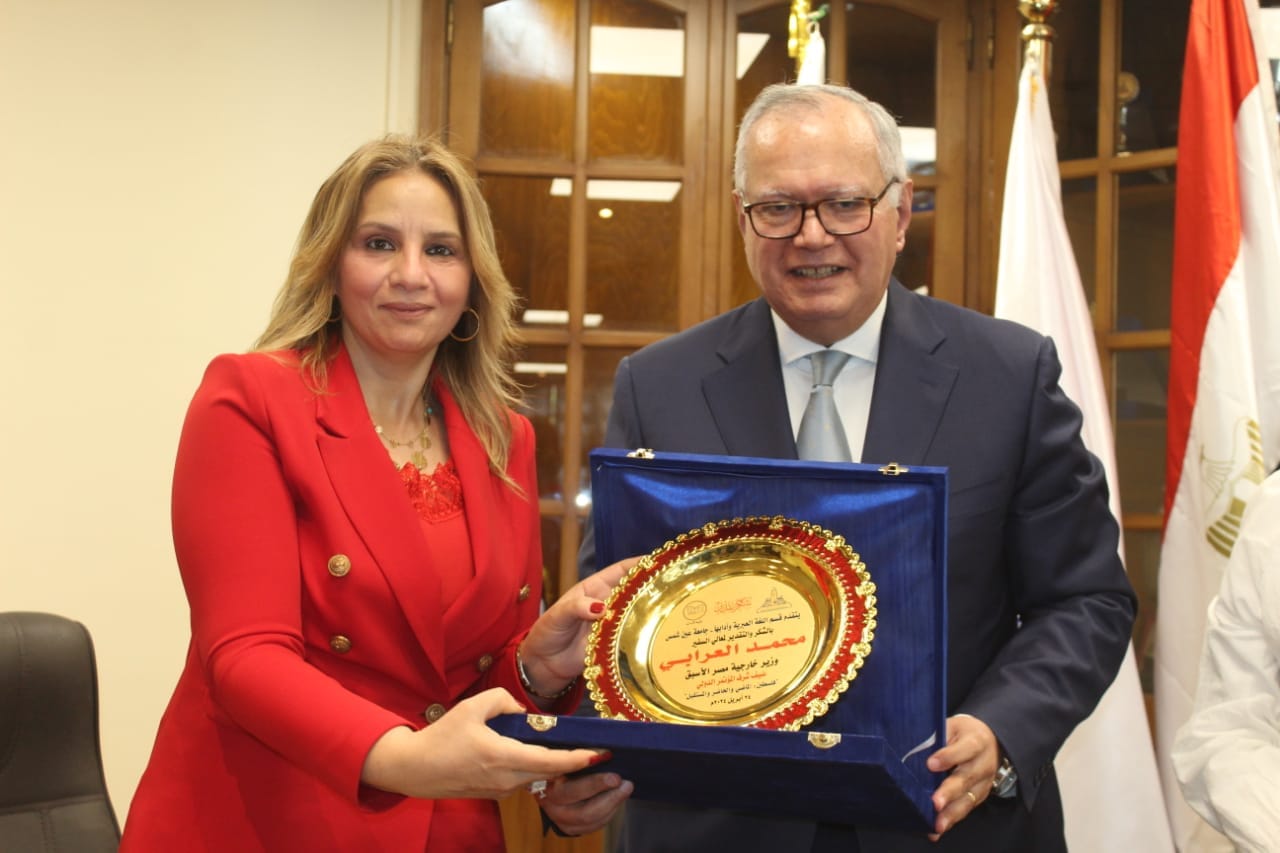 |
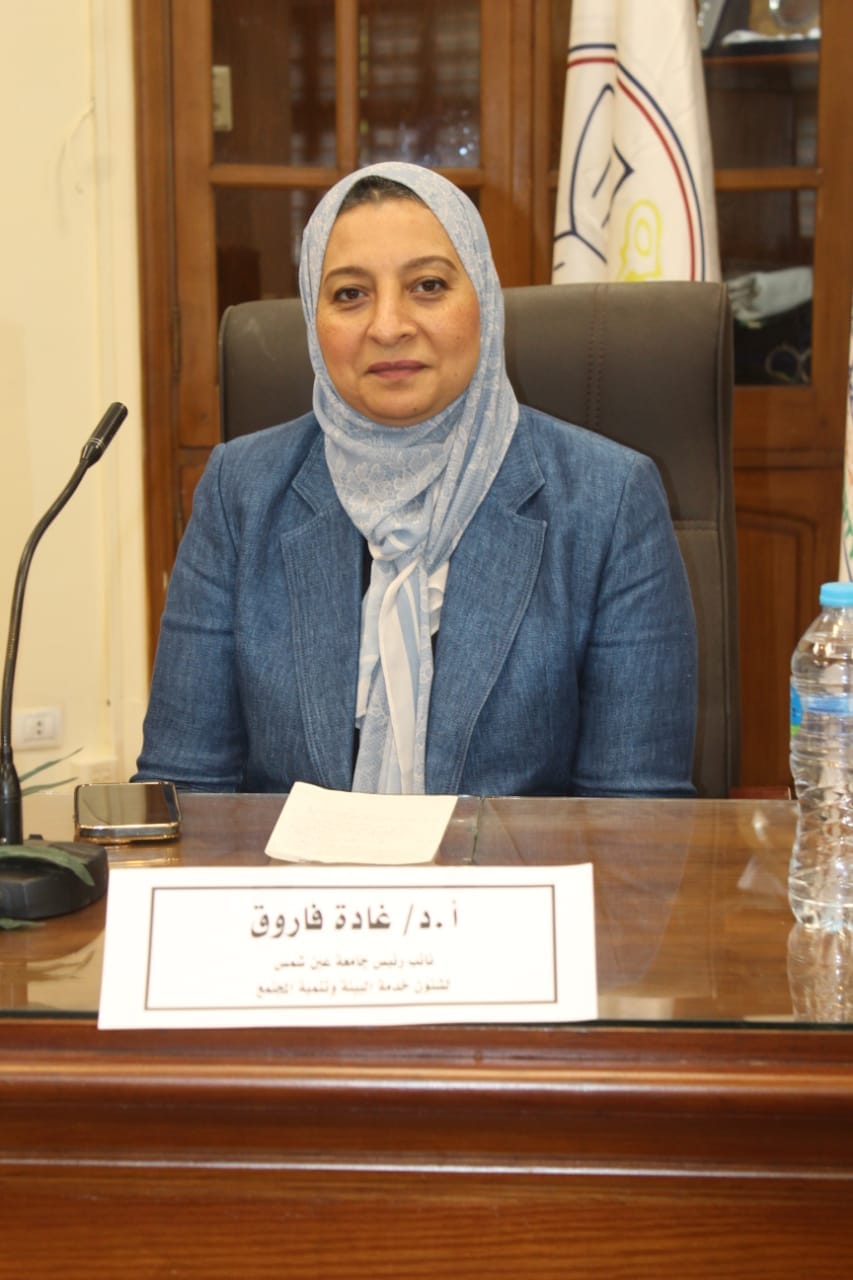 |
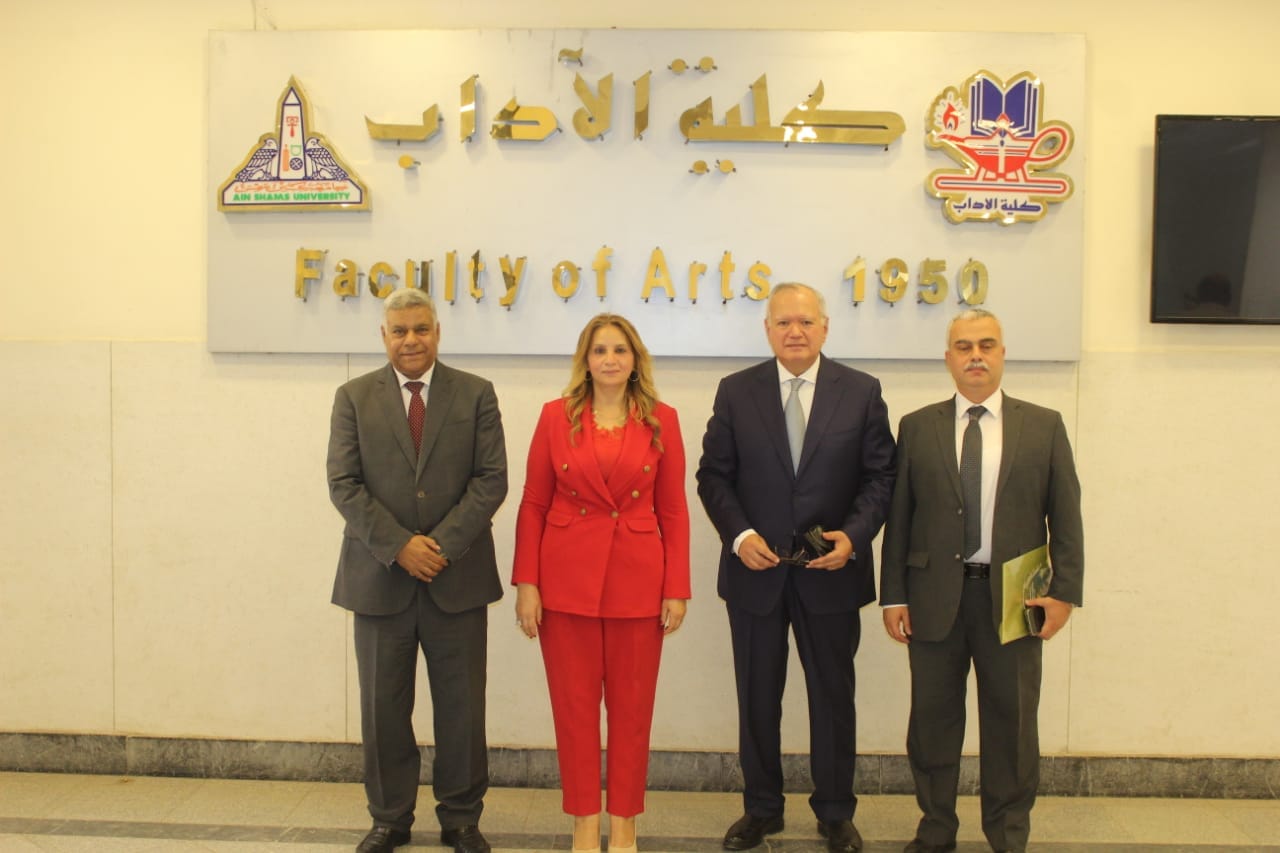 |
||
The conference witnessed a wide attendance from all specialists and those interested in Arab-Israeli affairs. The conference sessions began with the opening lecture, which was delivered by His Excellency the former Minister of Foreign Affairs of Egypt, Ambassador Mohamed Al-Orabi, the honorary guest of the conference, in which he discussed anticipating the future of Palestine through his reading of reality data and through his close experience of Israeli society. During his time as Egypt’s ambassador to Israel from 1994 to 1998, and his ability to understand what was going on in the mind of the other party, the National Center for Translation was keen to attend and participate in this important event, and Prof. Karma Sami, President of the National Center for Translation, gave a speech in the opening lecture of the conference. About the center’s most important translations specialized in Palestinian affairs.
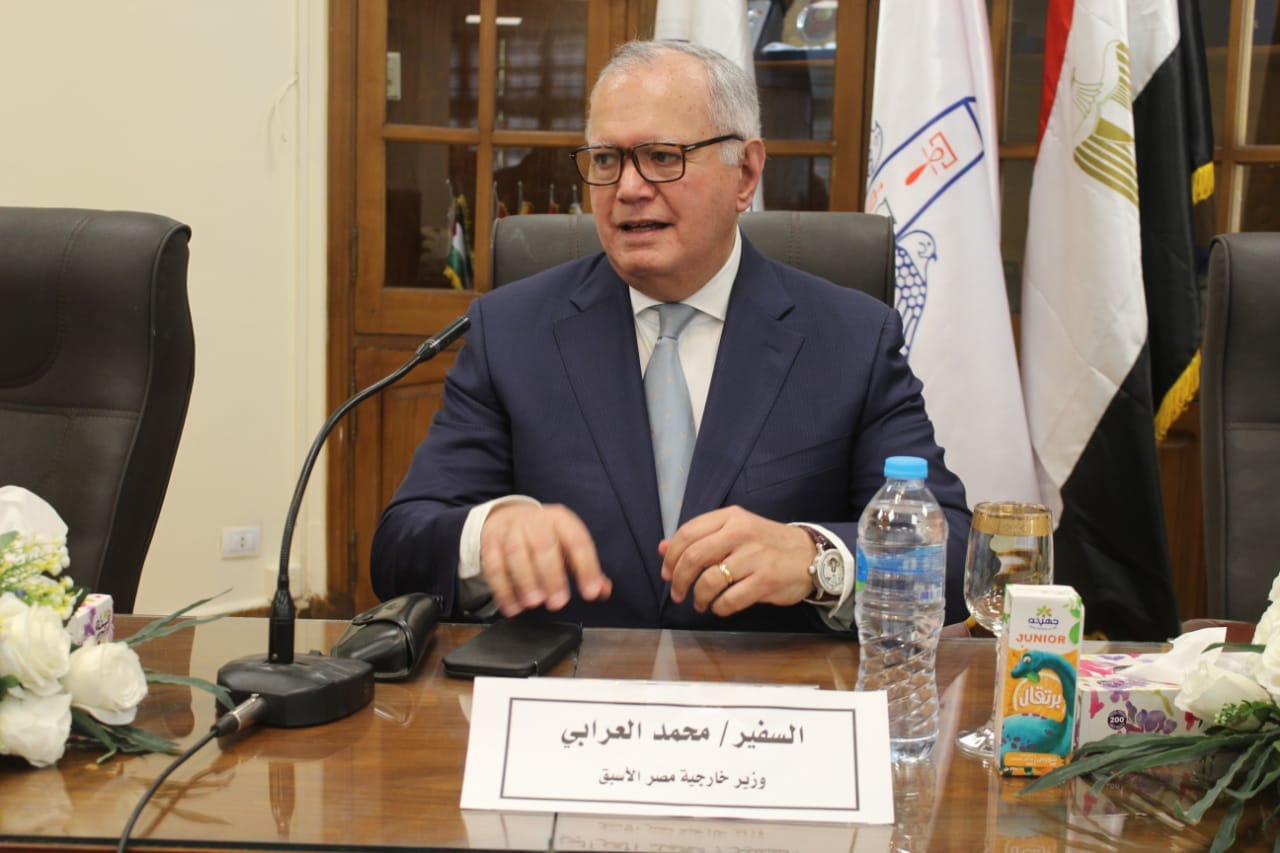 |
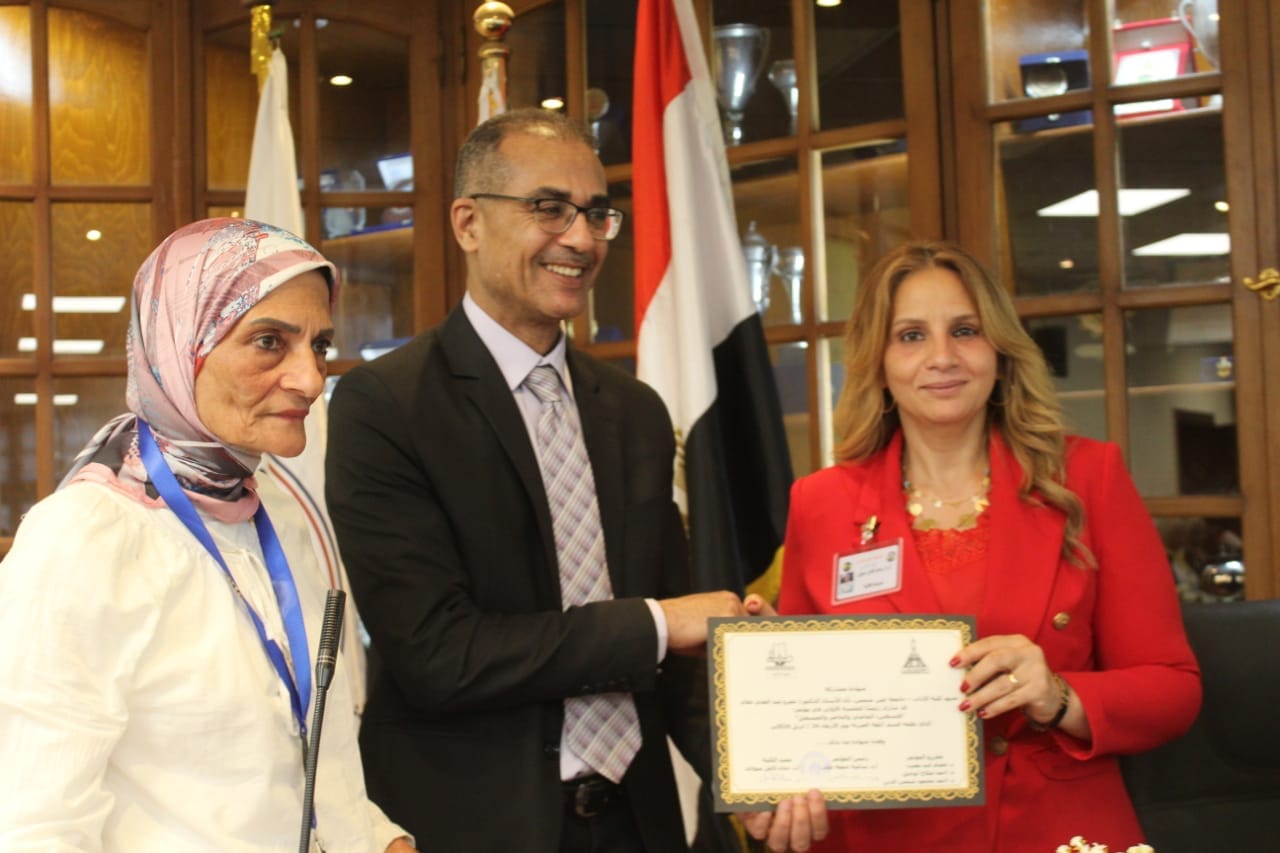 |
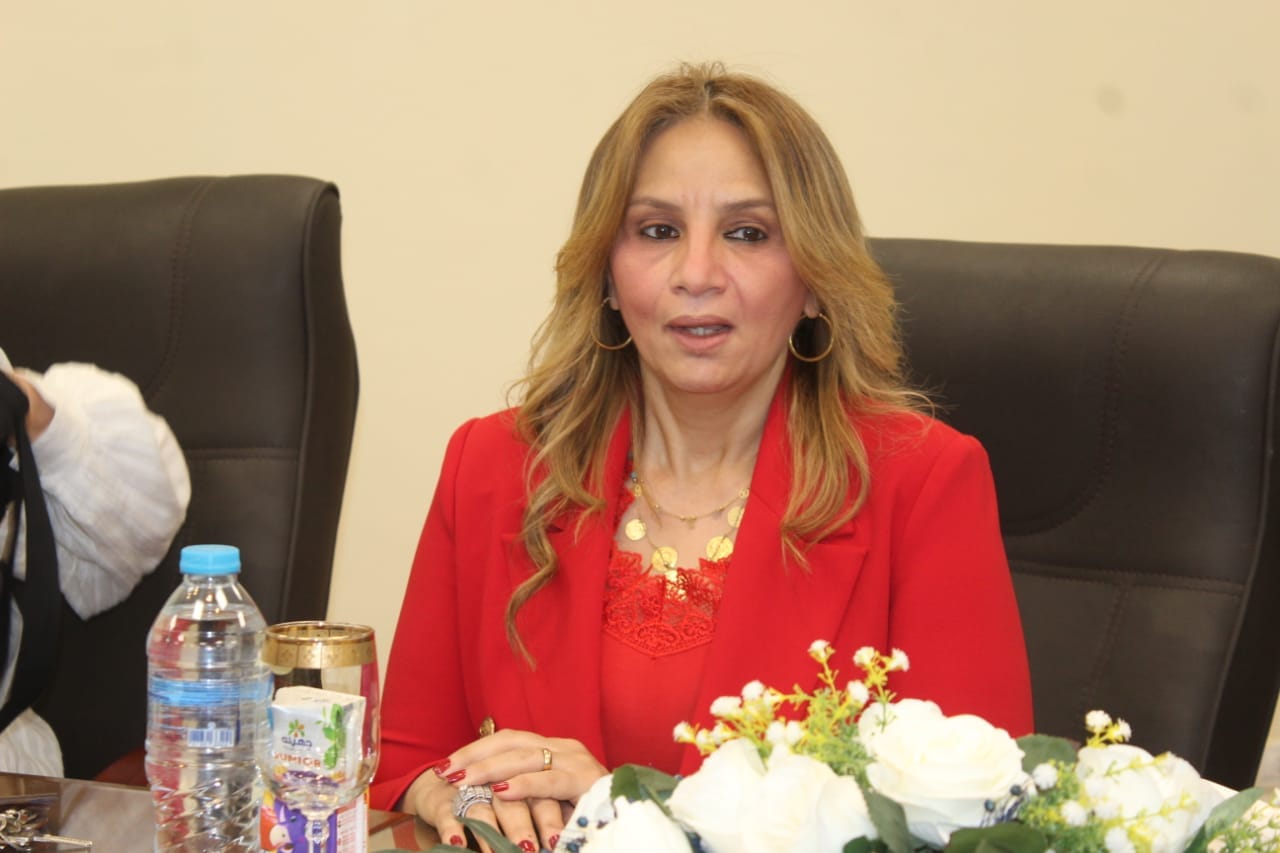 |
||
Prof. Ghada Farouk, Vice President of Ain Shams University, explained in her speech on the occasion of the opening of the conference the efforts provided by Ain Shams University to support the Palestinian cause, such as organizing large campaigns among university students to donate blood to the injured in Gaza. She praised Prof. Hanan Kamel, Dean of the Faculty of Arts, for her support to the efforts of the departments of Eastern and Semitic languages, especially the Hebrew language, at the university to support the Palestinian cause through important strategic studies that anticipate the future of the situation in Palestine, and develop solutions and visions for the future based on a broad understanding of the past and present.
The vision of the conference was:
Explaining the aspects of the Palestinian issue in ancient and contemporary Hebrew literature, explaining the constants, and the impact of the variables on the future of Palestine.
As for the conference’s message, it was to seek to monitor and analyze cognitive and intellectual trends towards Palestine as reflected in Hebrew writings in its various stages.
The most important objectives of the conference are:
1. Highlighting the role of academic institutions concerned with the Palestinian issue and Hebrew studies in revealing the truth about Israeli society and its trends.
2. Presenting research efforts in the field of Hebrew and Israeli studies that emphasize the constants of the Arab right in Palestine and the Arab and Islamic identity of Palestine religiously, historically and geographically.
3. Discussing theories and modern research trends that refute the Israeli-Zionist claims that the Palestinian people have no right to their land.
4. Deepening the role of linguistic, literary, intellectual and social studies in purifying Arab discourse from similar Zionist terminology.
5. Correcting the misconceptions promoted by the Zionist and Western media regarding Palestine.
6. Exposing the Zionist plans that seek to liquidate the Palestinian cause at the present time.
7. Strengthening the role of Semitic linguistic studies in refuting Zionist claims based on false documents and texts.
8. Anticipating the trends of the Israeli decision-maker through literary, intellectual and cognitive production written in the Hebrew language.
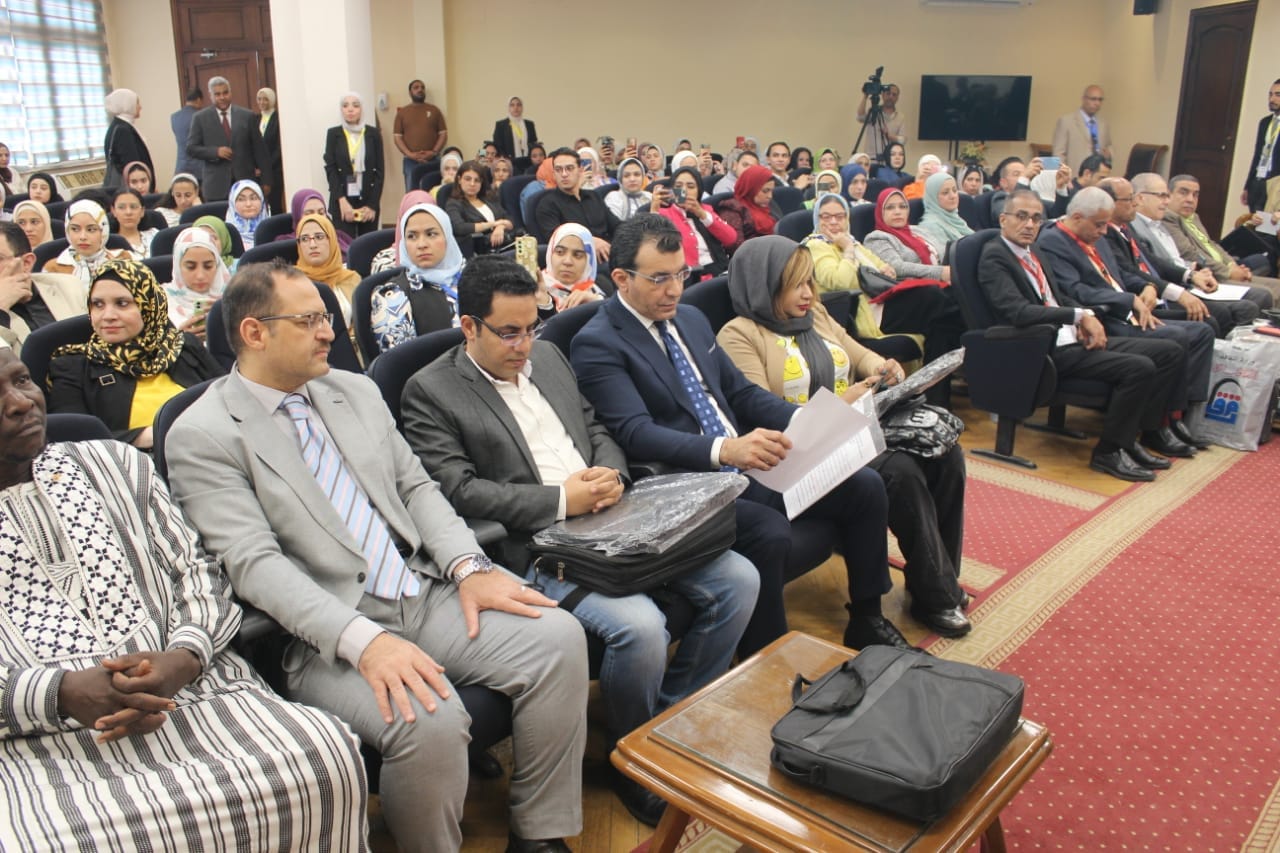 |
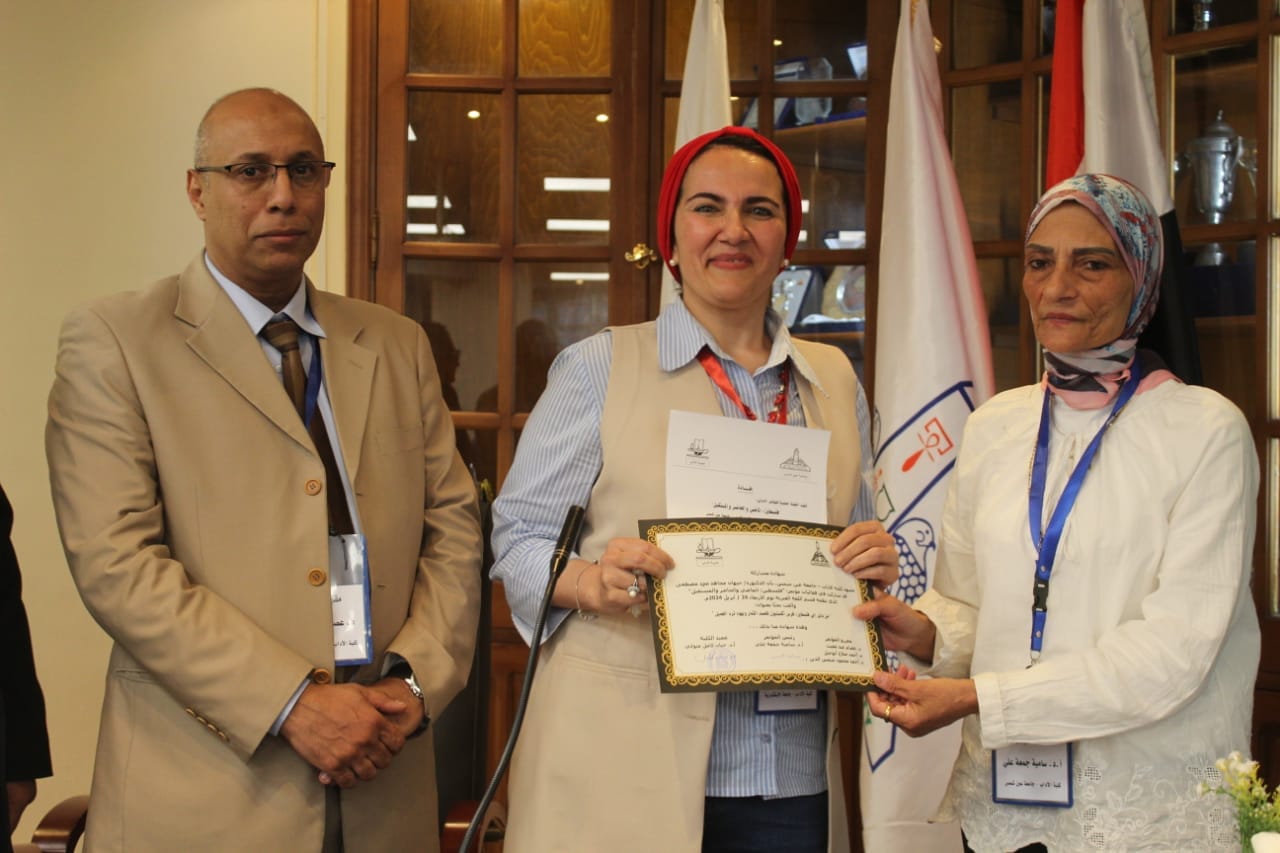 |
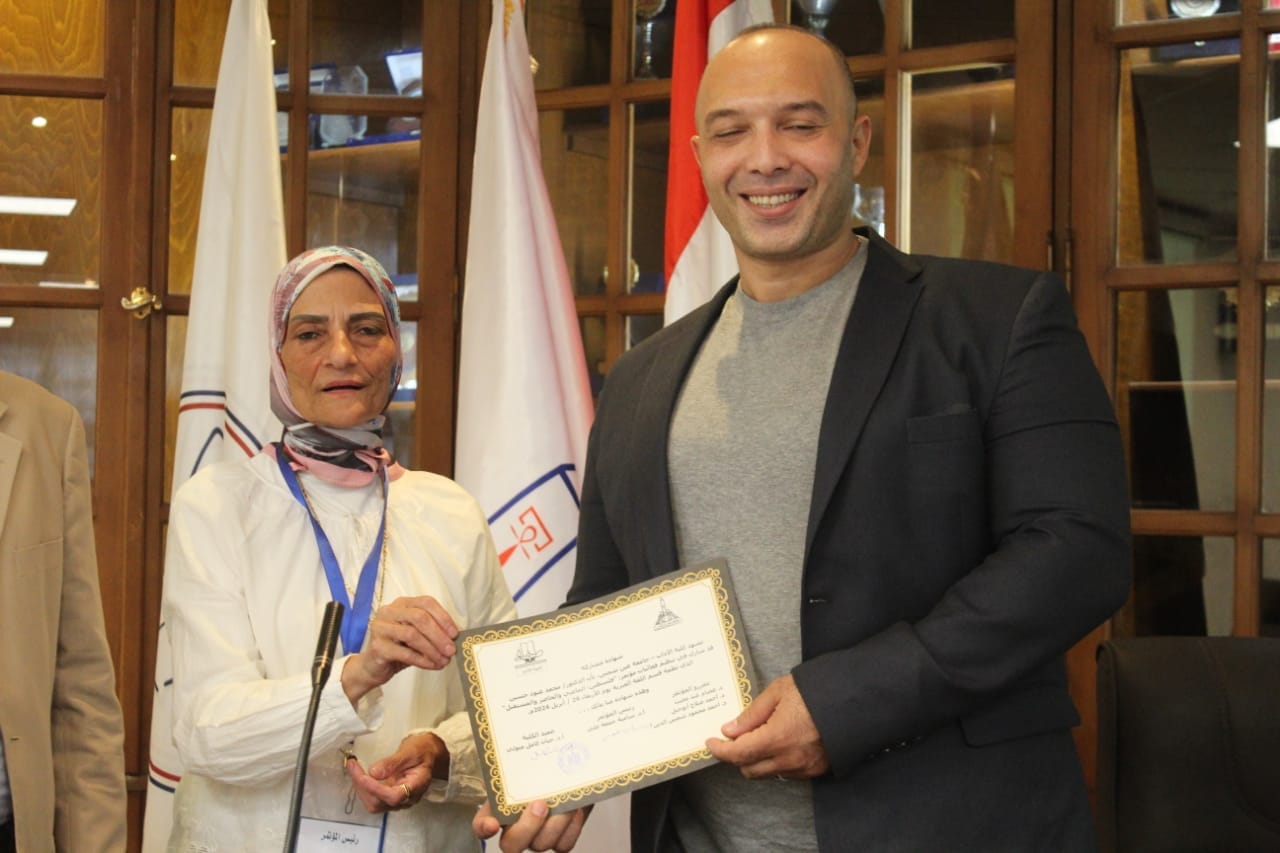 |
||
The conference included 18 research papers that were presented over four sessions, extending from nine in the morning until five in the evening, Cairo time. The scientific research that was presented at the conference discussed many important topics, including: Israel’s mechanisms for managing the conflict after the 1973 war, and the Al-Aqsa flood as an example, and the use of leaflets during periods of war. Read Israel’s leaflets during the Al-Aqsa Flood, presented by Prof. Hanan Kamel Metwally, Professor of Intellectual and Israeli Studies and Dean of the Faculty of Arts, Ain Shams University, and the repercussions of the events of the Al-Aqsa Flood on the future of Palestine.
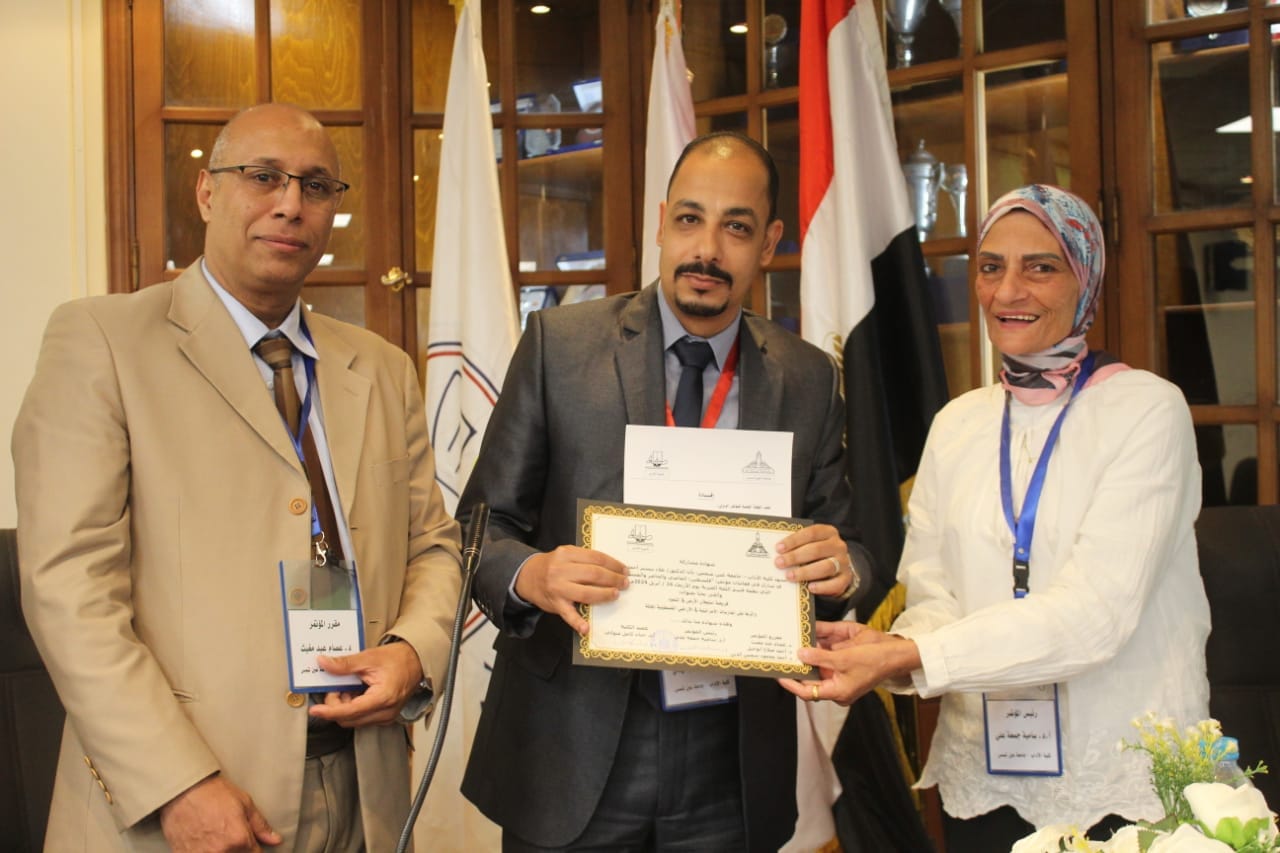 |
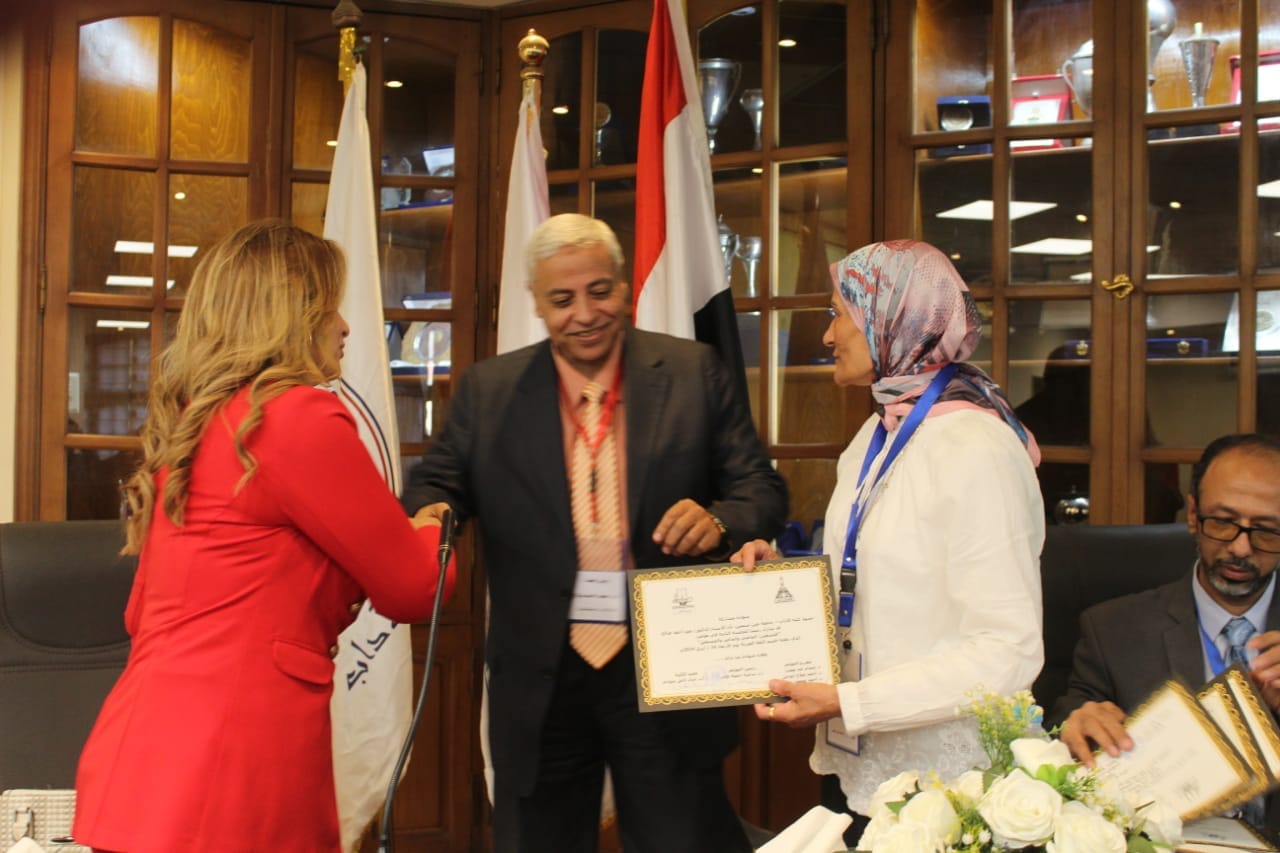 |
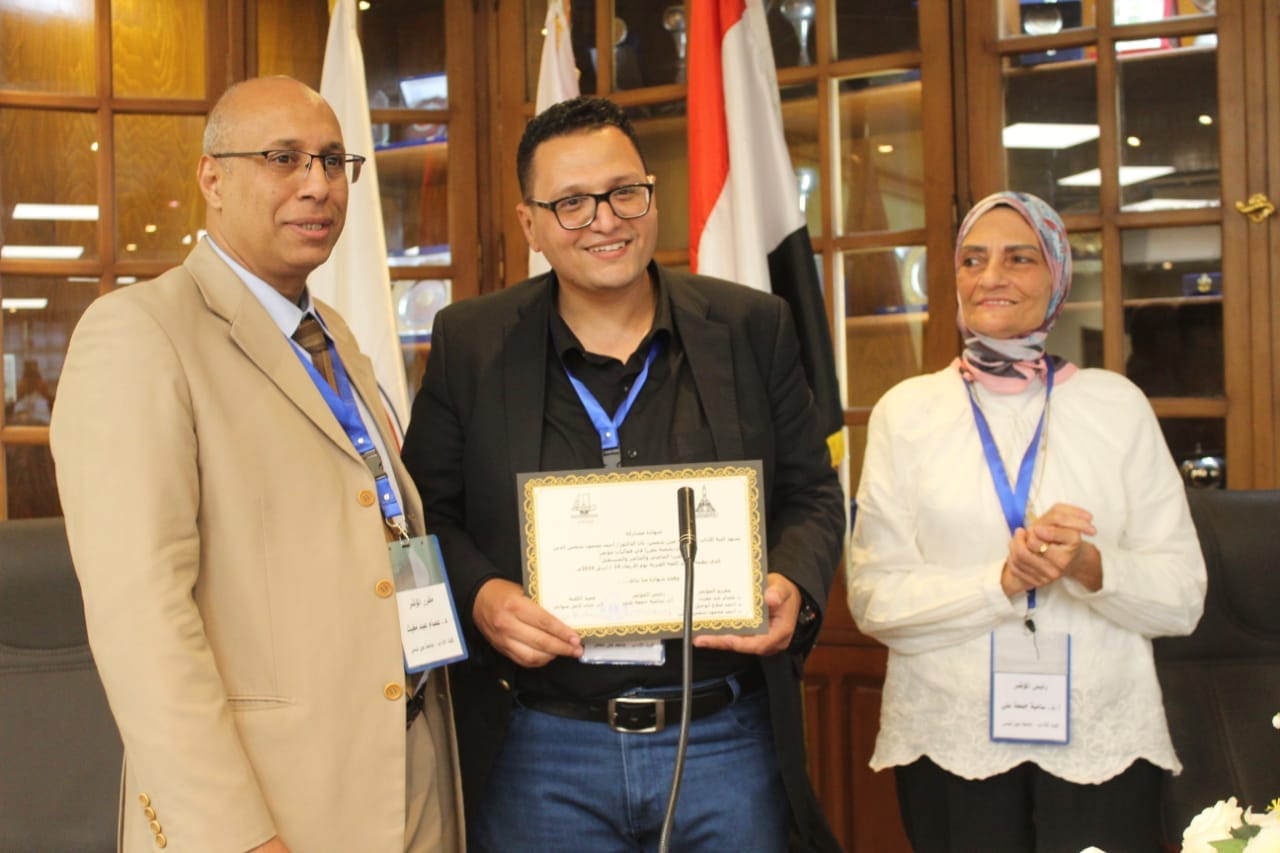 |
||
The sessions also addressed other topics covering political, geographical and literary topics. Including the problem of the Israeli-Palestinian borders, anticipating their future, and the repercussions of the events of the Al-Aqsa Flood at the regional and international levels, and on the literary level, through studying poetry written in light of the events of the Al-Aqsa Flood and other research that covered most aspects of the Palestinian issue in the past, present, and future.
On the sidelines of the conference, an exhibition of the National Center for Translation’s publications and an exhibition by Dar Al Mandumah were held, showcasing the services it provides to researchers.


.svg)

